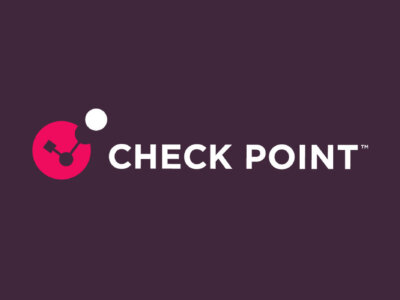
Hacktivism’s Role in Political Conflict: The Renewed Campaign of #OpVenezuela
Venezuela is currently facing significant political unrest following the July 28th, 2024, presidential election. Nicolás Maduro was declared the winner, securing a third term in office. However, the opposition claims that substantial evidence indicates the election was fraudulent, with claims that Maduro lost to the opposition candidate, Edmundo González. Maduro’s government has been widely accused of manipulating the electoral system and tampering with vote counts.
In response to the election results, widespread protests have erupted across Venezuela, with demonstrators clashing with security forces and pro-government groups. The backlash has also extended to hacktivist groups, who have relaunched the #OpVenezuela campaign, predominantly on Telegram, and X (formerly Twitter).
On July 31st, the Anonymous collective spearheaded #OpVenezuela, declaring a cyber war on President Maduro’s regime. The group claimed responsibility for launching DDoS attacks against over 45 government websites successfully, hacking into several of them.
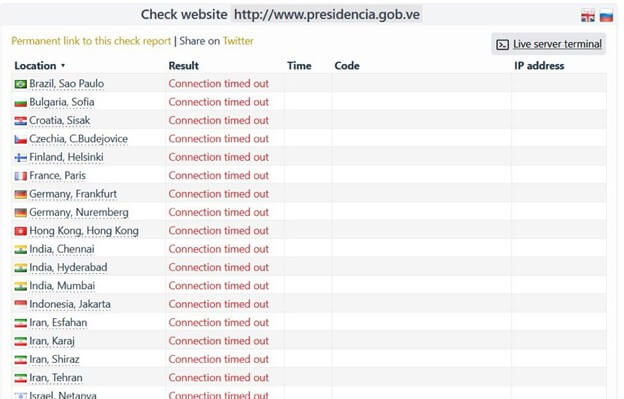
Figure 1 – A proof shared by Anonymous after declaring to have taken down dozens of government websites.
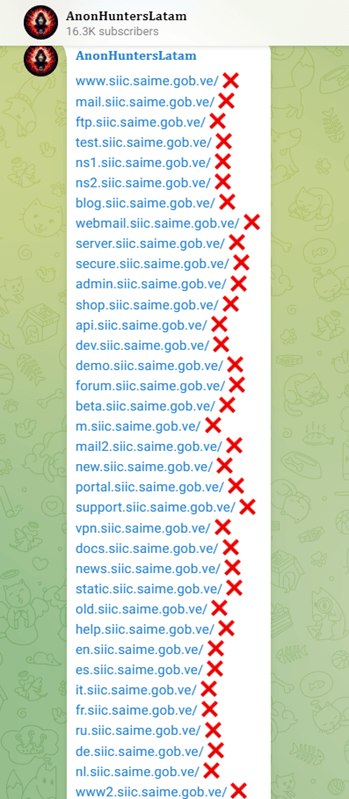
Figure 2 – Anonymous collective member AnonHunterLatam shares list of allegedly attacked government websites
ANONYMOUS VENEZUELA reported their first successful attack on government-linked servers, allegedly tied to an application believed to be used as spyware by Maduro’s regime.
Multiple collaborating groups, including Cyber Hunters (AKA White Hunters), MS BOTNET Cyberhunter, Skull Hunters and more, have been continuously coordinating DDoS attacks against national banks, organizations, Maduro-linked companies and gob.ve (Venezuela government) websites since the election results were announced. These attacks have targeted key sites, including the Venezuelan Presidency and Ministry websites.
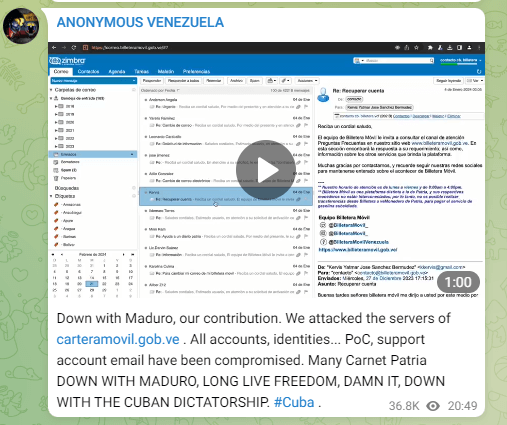
Figure 3 – ANONYMOUS VENEZUELA declaring their first attack after the Venezuela elections
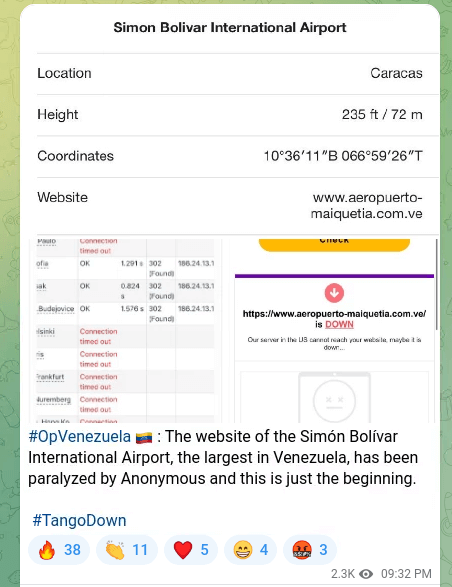
Figure 4 – Anonymous share the results of a DDoS attack on Venezuela’s largest airport
Meanwhile, Venezuelan officials have accused North-Macedonian hackers of interfering with the elections and causing delays in the data analysis. Although no specific group was mentioned, the self-described pro-West and Anarcho-Capitalist hacker group GlorySec has issued a statement claiming they are the ones being accused of intercepting the Venezuelan elections. While GlorySec denied the allegations, they continued to share their #OpVenezuela activities, including the alleged hacking of accounts related to the Venezuelan Communist Party and threatening to leak members’ data.
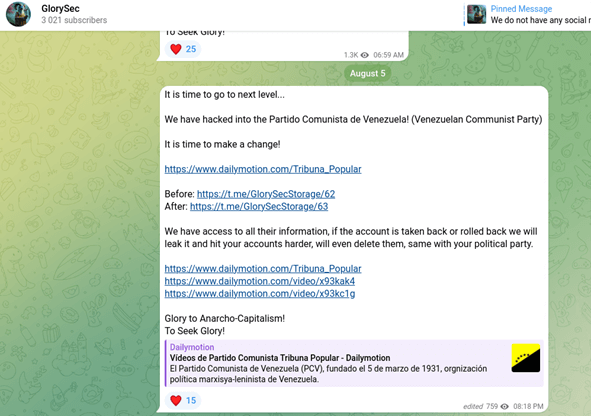
Figure 5 – GlorySec claims to have hacked the Venezuelan Communist Party.
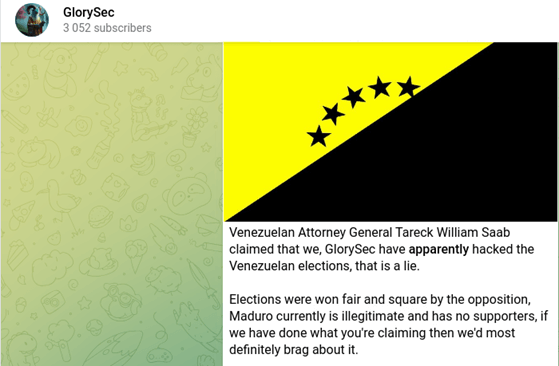
Figure 6 – GlorySec addressing election interference claims made by Venezuelan officials
The cyber attacks targeting Venezuela during the 2024 elections highlight a global trend where hacktivism plays a critical role in political unrest and authoritarian regimes. Hacktivist groups, driven by various motivations, have become key digital actors in real-world struggles, amplifying the voices of the oppressed and exposing the weaknesses of authoritarian systems. These actions are not unique to Venezuela; they reflect a broader pattern where hacktivism intersects with significant human events, from uprisings and protests to full-scale conflicts.
The resurgence of campaigns like #OpVenezuela underscores how hacktivism has evolved into a powerful tool for resistance and disruption. These digital offensives often target government infrastructure, highlighting the vulnerabilities of regimes that suppress democratic principles and manipulate power. In this context, hacktivism is not merely a digital protest but a direct challenge to the legitimacy of authoritarian rule.
As hacktivism continues to shape the global digital landscape, it is essential to recognize that these actions are now a significant force in political conflicts. Just as traditional conflicts have their battlefields, modern struggles against authoritarianism have their cyber frontlines, where the fight for freedom, rights, and change is increasingly waged. The role of hacktivists in these conflicts serves as a reminder that in today’s interconnected world, digital activism is a central stage in the fight against oppression and the quest for justice.


